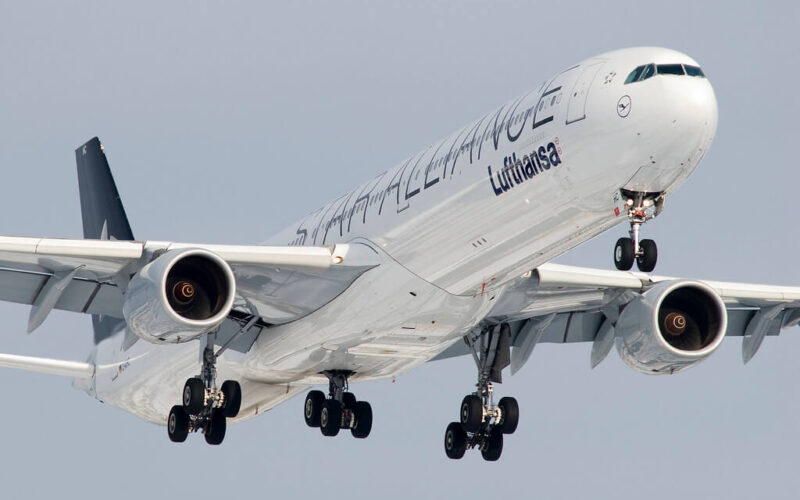Lufthansa (LHAB) (LHA) reports losing €116 million in the first half of 2019 financial year. While the last three months were better for business than the previous three and business results of long-haul flights are rising steadily, fierce competition at home ‒ in Germany and Austria ‒ puts strong pressure on yields.
Lufthansa (LHAB) (LHA) group recorded € 9.6 billion in revenues in the second quarter of 2019, which marks a 4% rise when compared to Q2 2018. For the first half of the year, they totalled at €17.5 billion, marking a 3% year-on-year growth.
However, when looking at the actual net profit, rising revenues could not weight out costs growth. While the group managed to remain profitable through April-June 2019, the €342 million net loss from the previous period (Q1 2019) left it with a €116 million net loss for the first-half of 2019. In comparison, Lufthansa (LHAB) (LHA) earned €713 million profit during the corresponding period in 2018.
Aggravating yields pressure
While the group’s performance in its long-haul business, notably on North American and Asian routes, remains “continuing strong” in the first half of 2019, the situation at home is far from good.
Lufthansa (LHAB) (LHA) is facing strong pressure on yields in its home markets in Germany and Austria. Persistent overcapacities, aggressive competition and increasingly price-sensitive demand all add up to the pressure.
“Our earnings are feeling the effects of tough competition in Europe and sizeable overcapacities, especially on our short-haul routes out of Germany and Austria,” Ulrik Svensson, Chief Financial Officer of Deutsche Lufthansa AG is quoted as explaining in a statement.
In fact, a hint about the severity of the situation recently came from Carsten Spohr, Lufthansa’s (LHAB) (LHA) CEO. Spohr publically blasted low cost airlines (namely, Ryanair and easyJet) for their pricing policy calling it “economically, ecologically and politically irresponsible”.

